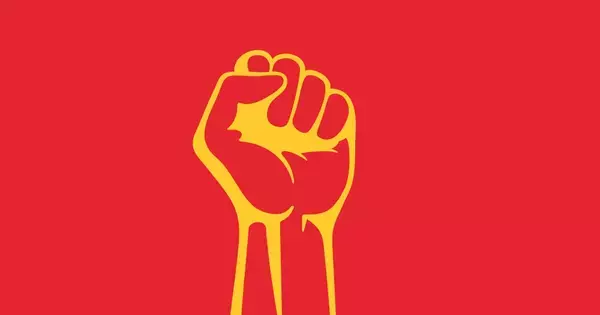I have considered myself a progressive ever since Bernie Sanders first ran for President back in 2016. For me, the word progressive is fairly simple to define. Basically, that there are certain necessities of life that a developed country should provide freely to its citizens outside of the realm of market forces. Principally, these include basic healthcare, legal services, education up to a certain level, housing, and enough money to survive on.
Questions can be raised about what exactly constitutes basic healthcare or legal services, whether free education should stop at high school or extend into college, and how guaranteeing a minimum amount of money is best achieved. These are important considerations, but they don’t change the essential position: that the basic necessities of life are a right by virtue of being a citizen.
The other question is: What does it mean to be a ‘progressive country’? If a country has free healthcare but not free college, or universal housing but no living wage, should they be classified as progressive or not. Obviously, there are degrees to this just like anything else. However, I think the litmus test should be healthcare. It seems to be the most fundamental service that one requires throughout their lifespan. That is what I would use to define a country as progressive.
I have been intrigued by the concept of socialism for about as long as I have been a progressive. However, I’ve never identified as a socialist, because I was always unclear on exactly what this entailed. At best, I was socialist-curious or socialist-positive.
Let’s start with the most basic definition: social ownership of the means of production. Textbook. Okay, but what does this really mean? Does the federal government control everything? Is this strictly an economic system, or does it extend to social welfare as well? What metric would I use to label a country as being socialist?

These are the three questions I want to try to give a tentative answer to in this post.
- Does socialism mean the federal government controls everything? I don’t think the federal government controlling something makes it socialist or even more socialist than it was before. It could just as easily (and probably more likely) make it more fascist (not that these two ideologies necessarily are opposites). For this reason, I prefer the more Marxist definition of socialism: a system in which workers control the means of production. Now again, what does that mean? I think at a minimum it needs to include this:
A government mandate that businesses with more than a certain number of employees give each employee an equal vote in business and personnel decisions for that company.
- Does socialism include social justice such as reproductive rights? I think it best to view socialism strictly as an economic system, specifically promoting or demanding a level of democracy in the workplace. Now, more than likely, if you are a proponent of more democracy in the workplace, you probably also want social justice in general. That being said, I don’t think this should be considered a necessary prerequisite.
⠀ - What determines whether a country is socialist or not? In order to define a system economically, there needs to be some top-down rule that is in effect. Otherwise, it could just be chance. For example, let’s suppose that 90% of the businesses in a country were worker cooperatives? Even though I would call that country extremely socialist-friendly, unless there was a law on the books that enshrined this model, I wouldn’t call it socialist. Perhaps another label would apply: syndicalism. But that is a topic for another day.
TL;DR: Socialism is democracy in the workplace, pure and simple.
Using the effective definitions I provided in this blog post, almost all developed countries are progressive (minus the US), but very few are socialist. This is another one of my hang-ups when it comes to espousing socialism. We just don’t have a lot of successful experiments with it (definitely NOT on a large scale). However, I would like more thought and research to be done on the topic.
Obviously, there are still a lot of questions to address within this framework. The principal one being: how many employees would be the cutoff between a large business and a small business, or should there even be a number? However, defining the parameters of the discussion is a necessary first step in having any type of intelligent dialogue on the topic.
Namaste.